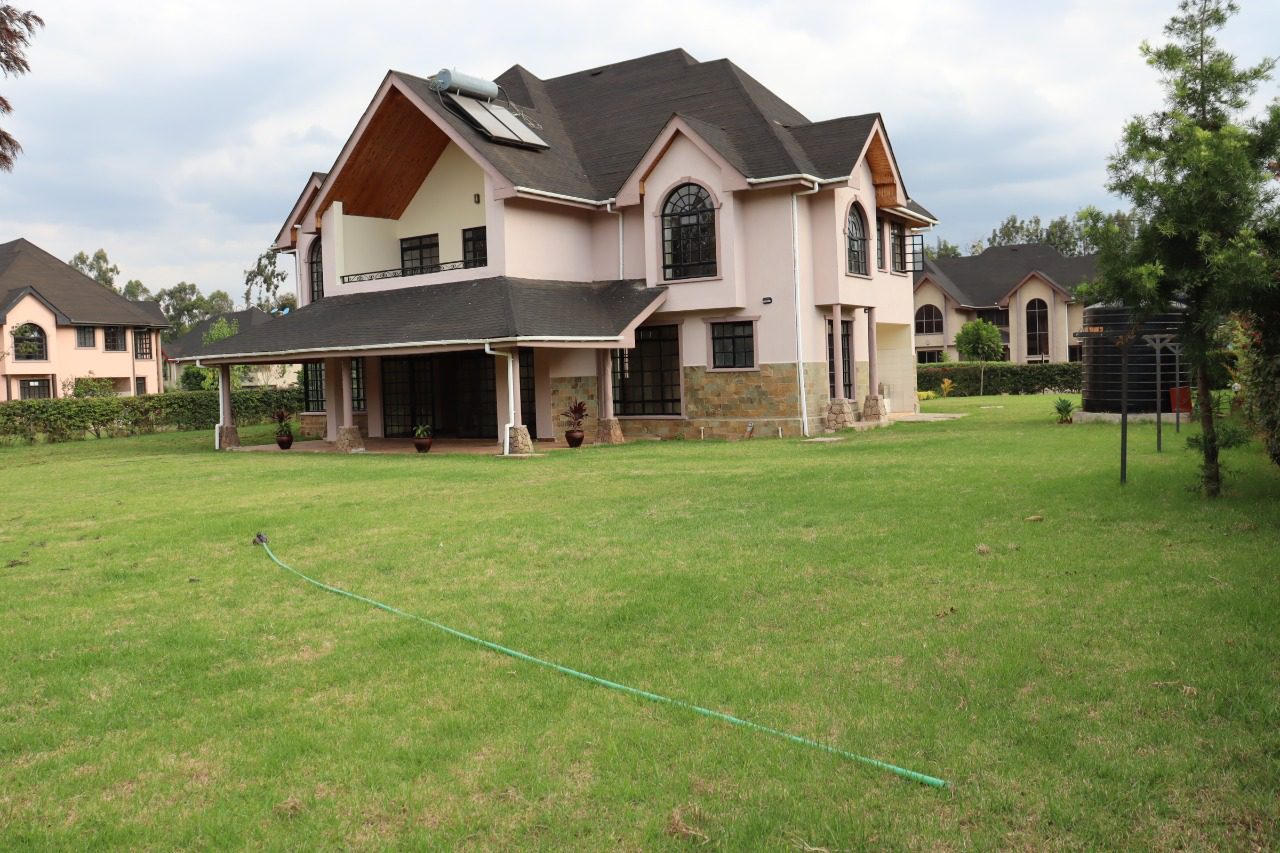The high prices of houses in Kenya’s satellite towns have dampened the hopes of many aspiring homeowners. Financial struggles, pay cuts, layoffs and slow business has locked many people over the decades from achieving their dream of owning a property. Real estate trends have revealed that financial constraints have not had an effect on everyone in the real estate sector. Individuals with a stable income continue to explore property investment options while others struggle to afford needs such as housing.
In the last three months, markets that target the low class with homes priced at Sh2 million to Sh9 million have had the least activity. There has been an increased interest in the middle-class market where houses are priced between Sh10 million to Sh20 million. Most of the potential buyers in this market segment have access to mortgage financing.
The land prices in most of the satellite town areas are not affordable to many who cannot access financial facilities from banks. George Kamano of Iproperties Africa says they have established a model that simplifies property ownership.”We have come up with a new model which also includes financial institutions in our system to ease access to credit facilities,” he says further explaining that it entails acquiring tract of land and subdividing it to interested buyers at affordable portions.

Urban Park Residence for sale in Syokimau
Syokimau, Nairobi, Kenya
Five Star Apartment for Sale in Syokimau
Five Star Phase 1 Estate, Five Star Road, Nairobi, Kenya
Gemland Residence on Riverside Drive, Westlands
Riverside Drive, Nairobi, Kenya
97 Alta Apartment in Westlands
Rhapta Road, Nairobi, KenyaThe middle-upper market with properties priced between Sh20 million to Sh 50 million have been moderately inactive with few inquiries. However, there have been lots of inquiries in the high-end market where cash buyers are taking advantage of new opportunities. A majority of the high-end prospects are already homeowners who explore real estate as an alternative option. Investment opportunities in the housing sector are enormous and still growing rapidly. According to experts, the growth in the country’s real estate sector is very promising and is a key factor for the growth of the economy.
In the land sales development properties priced between Sh1 million and Sh5 million are attracting lots of inquiries while those below and above the price rarely move. The Covid-19 pandemic has had an impact on rental income as downsizing is becoming a common scenario among middle-class tenants. Downsizing presents an opportunity to spend less and save more. A report by the Kenya National Bureau of Statistics (KNBS) in 2019, says that there are 2.7 million workers in Kenya. Over 74 percent earn less than Sh 50,000 while about 36.3 percent earn less than Sh 30,000. It also shows that only 2.89 per cent of Kenya’s workers earn more than Sh 100,000.
Mary Ng’ang’a, an Economist and Assistant Investment Analyst at Cytonn Investment, says that those investing now understand the risky nature of investing during this coronavirus pandemic period. Most have ventured into business or have invested in both traditional and alternative investments such as real estate, fixed-income markets, stocks, and government bonds. An Oxfam International report states that less than 0.1 per cent of Kenyans own more wealth than the rest of the 99.9 per cent. The Word Bank in 2015 revealed that Kenya’s inequality gap was at 40.8 percent which is among the highest in the world. However, more opportunities are opening up in the real estate sector providing hope to those who want to invest or own property.

